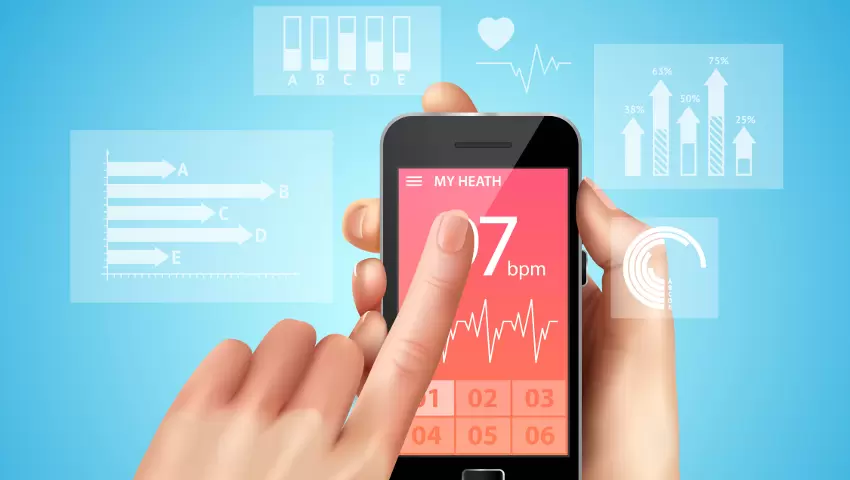
In a world increasingly shaped by digital transformation, healthcare is no longer confined within the walls of clinics and hospitals. With mobile health (mHealth) applications, individuals can now carry a health companion in their pocket — a powerful step toward smarter, more engaged, and personalized care.
As HealthTech continues to evolve, mobile applications are emerging as game-changers. These tools are not just convenient — they are reshaping how patients manage their health, engage with providers, and take charge of their wellness journeys.
Mobile health apps are digital solutions that operate on smartphones, tablets, and wearables to support users in tracking, managing, and improving their health. Whether it’s monitoring blood sugar, scheduling virtual consultations, or reminding users to take their medications — these applications bring healthcare directly to users’ fingertips.
Integrated with telehealth services and wearable technology, these apps collect real-time data, deliver insights, and drive timely interventions — making healthcare more proactive, accessible, and continuous.
One of the most significant impacts of mHealth apps is their ability to transform patients from passive participants into active managers of their own care. These digital platforms foster accountability, routine building, and real-time communication, which significantly improve health outcomes.
Popular apps like:
Medisafe help users stay on top of medication schedules,
MyFitnessPal encourages healthier lifestyle choices by tracking diet and exercise,
Glucose Buddy supports diabetic patients in maintaining consistent blood sugar levels.
Apps like Calm and Headspace promote mental wellness, offering guided meditations and mood tracking — enhancing emotional health alongside physical care. These tools don’t replace healthcare professionals, but they serve as crucial companions that keep patients engaged, informed, and proactive.
Self-care is no longer a trend — it’s a necessity. With the help of mHealth apps, individuals can manage their health goals with greater ease and precision. From managing chronic illnesses like hypertension and arthritis to building better habits around sleep and nutrition, these apps provide personalized dashboards, alerts, and insights tailored to individual needs.
Many platforms also include educational content — helping users improve their health literacy in areas like:
Advanced apps even adapt over time using AI algorithms, offering dynamic recommendations based on user behavior and feedback — pushing healthcare closer to true personalization.
Despite their promise, mobile health applications must navigate certain challenges:
Data Privacy & Security: Protecting sensitive medical data is critical. Developers must adhere to regulatory standards like HIPAA (in the U.S.) and NDHM (in India) to ensure compliance and confidentiality.
Digital Divide: Not everyone has equal access to smartphones, internet, or digital literacy, which limits the reach of these tools in underserved communities.
App Quality & Credibility: With thousands of health apps on the market, not all are clinically validated or effective. Healthcare professionals must help guide users toward trustworthy and evidence-based solutions.
The mHealth revolution is only getting started. As wearable tech, 5G connectivity, AI, and AR/VR integrate with healthcare, mobile apps will become:
More predictive (early warnings for health risks),
More immersive (AR for physical therapy),
More inclusive (voice-enabled tools for elderly care),
More connected (real-time sync with hospitals and health systems).
Hospitals and healthcare organizations are already partnering with tech companies to co-create apps that support recovery, medication adherence, and emotional well-being. These collaborations signal a shift toward a more preventive, personalized, and participatory healthcare system.
Mobile health applications are not just tools — they are empowering patients to become stewards of their own health. From tracking fitness goals to managing chronic conditions and staying connected with healthcare providers, mHealth is redefining care for the digital age.
At Shrinext HealthTech, we believe in building solutions that go beyond technology — we build tools that simplify care, foster engagement, and make healthcare more human. Mobile health applications are a critical part of this vision, and we’re excited to be part of this transformative journey.